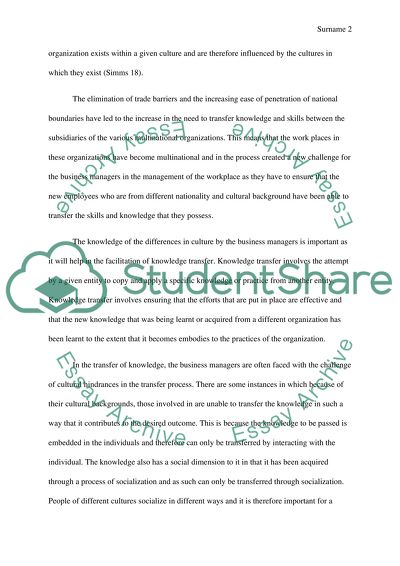Cite this document
(“Importance of Knowledge of Culture to Business Managers Essay”, n.d.)
Importance of Knowledge of Culture to Business Managers Essay. Retrieved from https://studentshare.org/journalism-communication/1434690-cross-ciltural-business-issues
Importance of Knowledge of Culture to Business Managers Essay. Retrieved from https://studentshare.org/journalism-communication/1434690-cross-ciltural-business-issues
(Importance of Knowledge of Culture to Business Managers Essay)
Importance of Knowledge of Culture to Business Managers Essay. https://studentshare.org/journalism-communication/1434690-cross-ciltural-business-issues.
Importance of Knowledge of Culture to Business Managers Essay. https://studentshare.org/journalism-communication/1434690-cross-ciltural-business-issues.
“Importance of Knowledge of Culture to Business Managers Essay”, n.d. https://studentshare.org/journalism-communication/1434690-cross-ciltural-business-issues.


